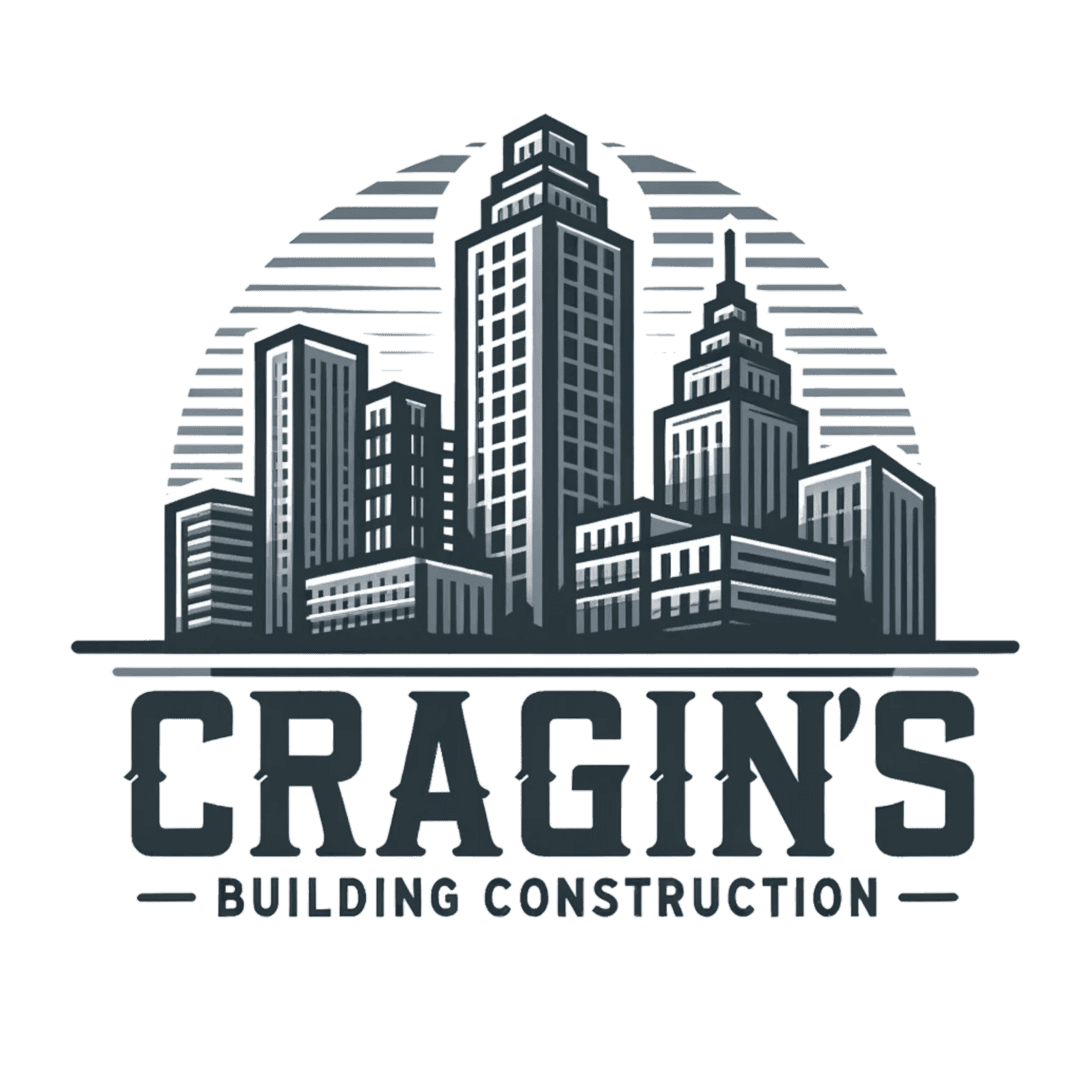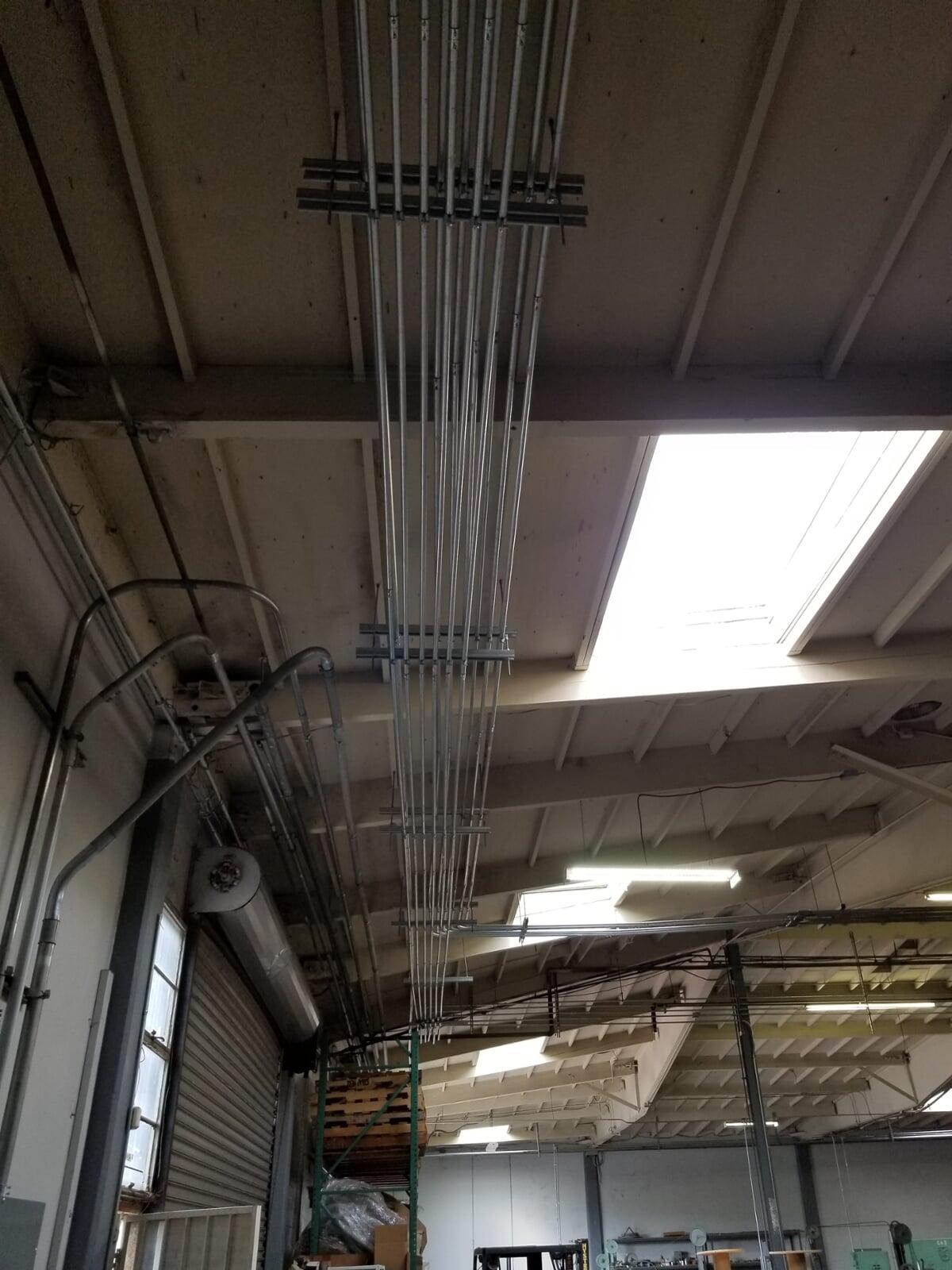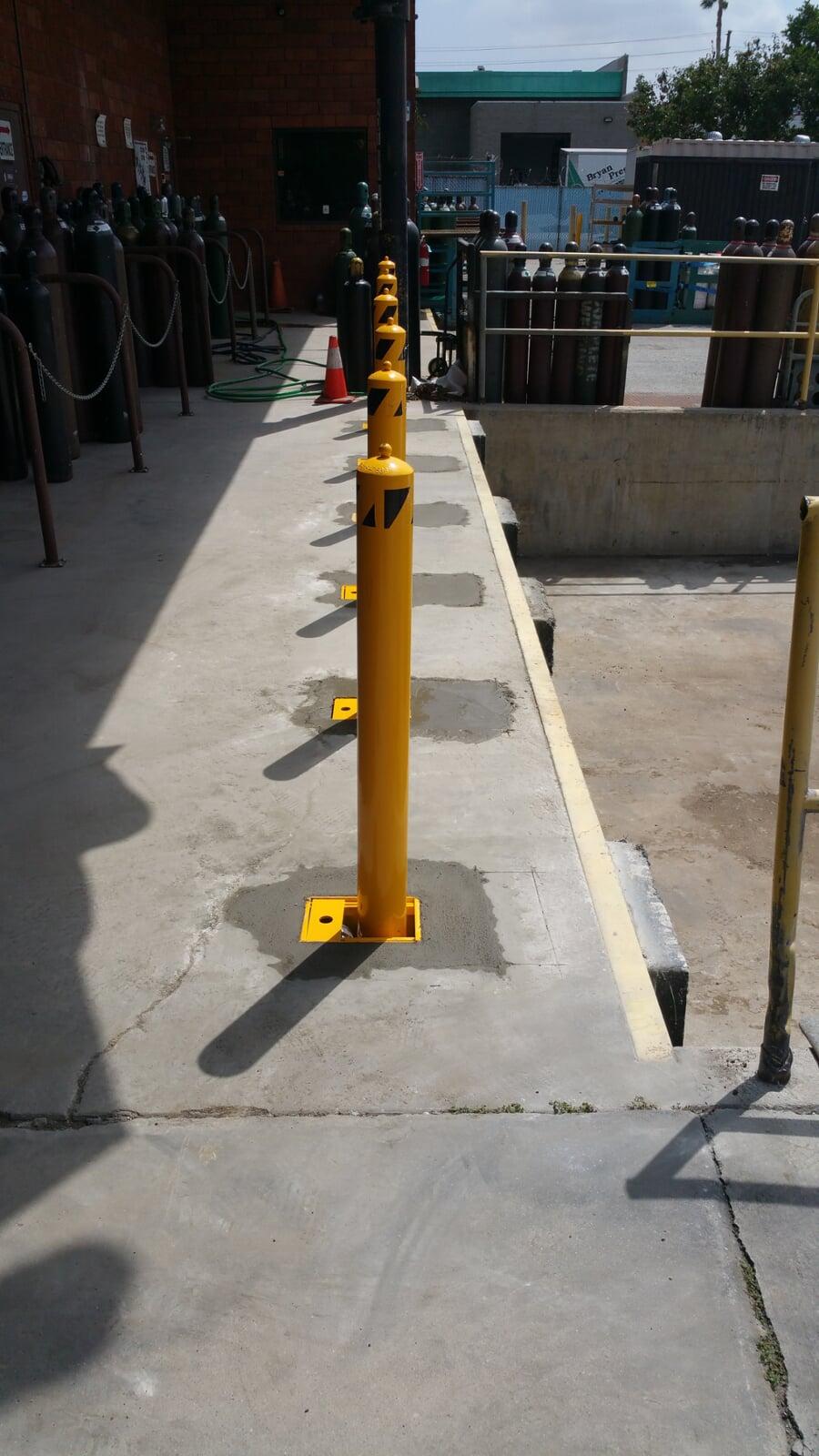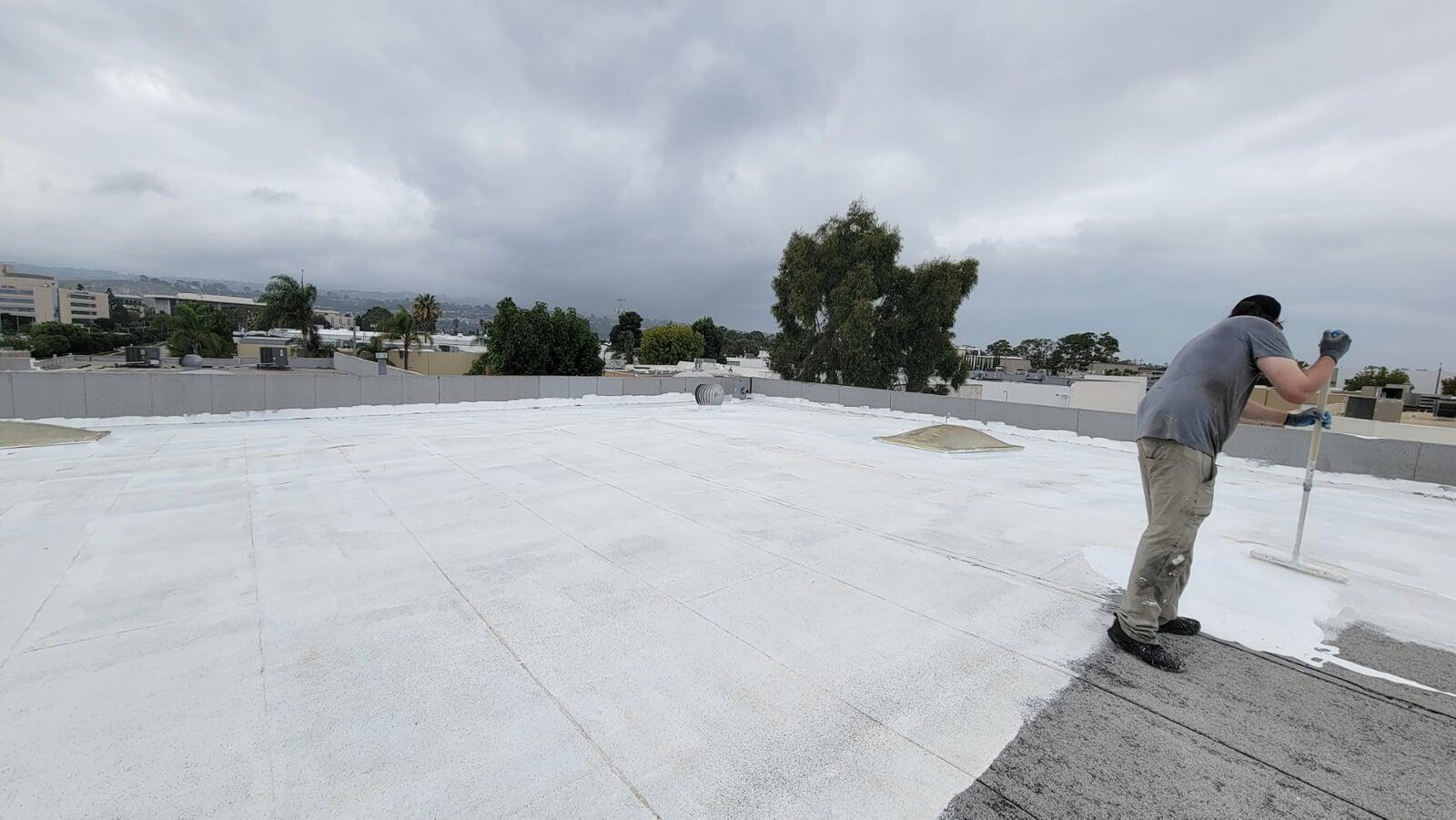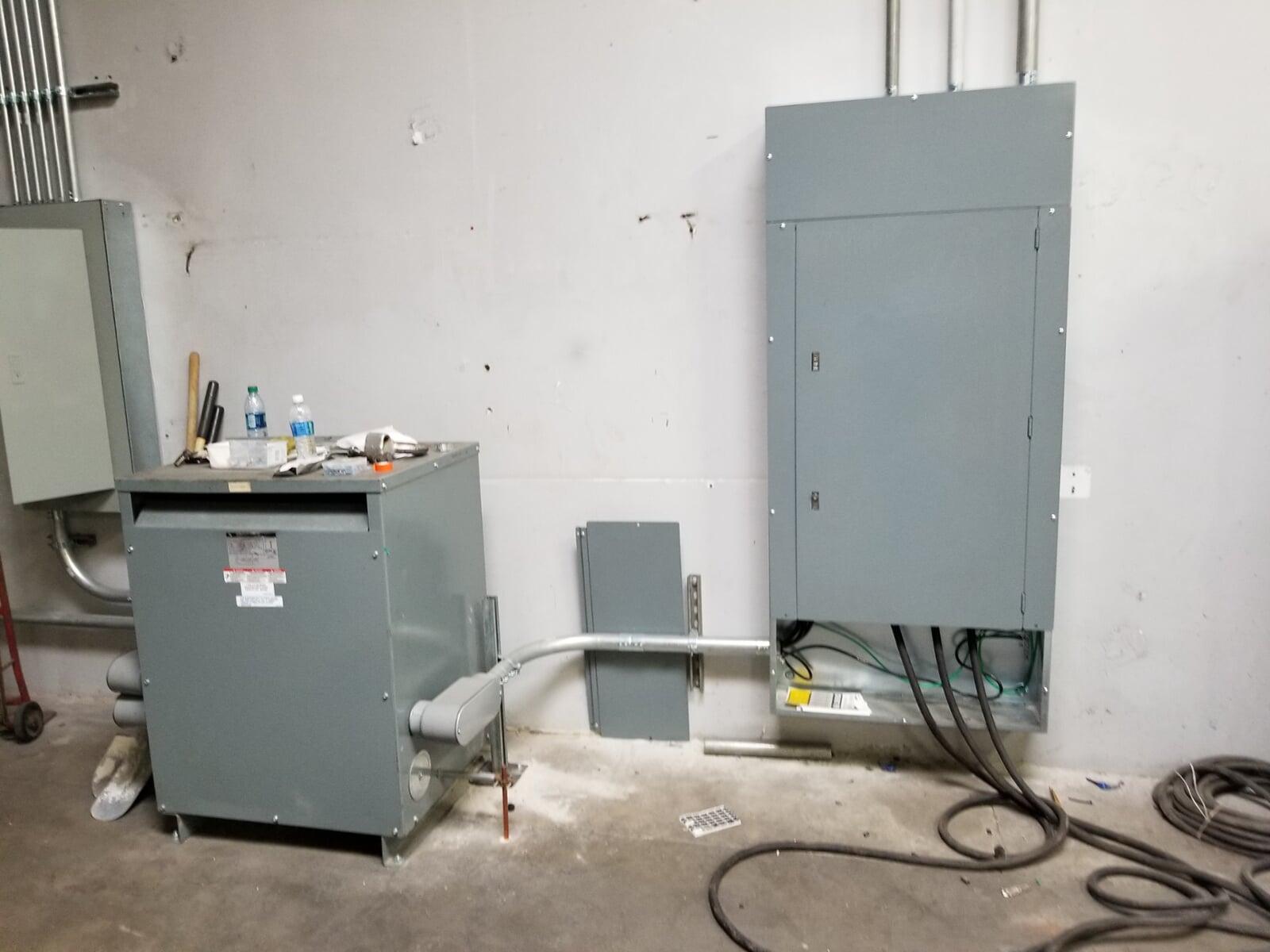Maintaining a commercial building is more than just keeping things clean and organized; it's about being proactive to ensure safety, efficiency, and cost savings over time. Regular preventative maintenance can help avoid costly repairs, increase the lifespan of equipment, and ensure a safe environment for occupants. Here are the top 10 preventative maintenance tips for commercial buildings:
Maintaining a commercial building is more than just keeping things clean and organized; it's about being proactive to ensure safety, efficiency, and cost savings over time. Regular preventative maintenance can help avoid costly repairs, increase the lifespan of equipment, and ensure a safe environment for occupants. Here are the top 10 preventative maintenance tips for commercial buildings:
1. Conduct Routine Inspections
Why It’s Important:
Routine inspections are essential to identify small issues before they become major problems. Regular walk-throughs allow property managers to spot potential hazards like leaks, cracks, and faulty equipment.
Tip:
Create a schedule for monthly or quarterly inspections. Use a checklist that includes all major systems like HVAC, plumbing, electrical, and structural integrity.
Why It’s Important:
Routine inspections are essential to identify small issues before they become major problems. Regular walk-throughs allow property managers to spot potential hazards like leaks, cracks, and faulty equipment.
Tip:
Create a schedule for monthly or quarterly inspections. Use a checklist that includes all major systems like HVAC, plumbing, electrical, and structural integrity.
2. HVAC System Maintenance
Why It’s Important:
Heating, ventilation, and air conditioning (HVAC) systems account for a large portion of a building’s energy consumption. Regular maintenance improves efficiency, reduces energy costs, and extends the system’s life.
Tip:
Change filters every 1-3 months, check ducts for leaks, and schedule annual professional HVAC inspections and tune-ups.
Why It’s Important:
Heating, ventilation, and air conditioning (HVAC) systems account for a large portion of a building’s energy consumption. Regular maintenance improves efficiency, reduces energy costs, and extends the system’s life.
Tip:
Change filters every 1-3 months, check ducts for leaks, and schedule annual professional HVAC inspections and tune-ups.
3. Test and Service Safety Equipment
Why It’s Important:
Safety systems such as fire alarms, sprinklers, and emergency lighting must be in top condition to protect the building and its occupants in case of an emergency.
Tip:
Test fire alarms, smoke detectors, and carbon monoxide detectors monthly. Ensure fire extinguishers are inspected and certified annually. Replace any expired or malfunctioning equipment promptly.
Why It’s Important:
Safety systems such as fire alarms, sprinklers, and emergency lighting must be in top condition to protect the building and its occupants in case of an emergency.
Tip:
Test fire alarms, smoke detectors, and carbon monoxide detectors monthly. Ensure fire extinguishers are inspected and certified annually. Replace any expired or malfunctioning equipment promptly.
4. Regular Roof Inspections and Repairs
Why It’s Important:
The roof protects your building from the elements, and any damage can lead to significant issues like leaks, mold growth, and structural damage.
Tip:
Inspect the roof biannually and after severe weather conditions. Check for signs of water pooling, damaged shingles, or clogged drains. Ensure gutters and downspouts are clear of debris to prevent water damage.
Why It’s Important:
The roof protects your building from the elements, and any damage can lead to significant issues like leaks, mold growth, and structural damage.
Tip:
Inspect the roof biannually and after severe weather conditions. Check for signs of water pooling, damaged shingles, or clogged drains. Ensure gutters and downspouts are clear of debris to prevent water damage.
5. Maintain Plumbing Systems
Why It’s Important:
Undetected plumbing issues can lead to water damage, high utility bills, and disruption of business operations.
Tip:
Inspect for leaks, clogs, and water pressure issues regularly. Ensure that all pipes are insulated, especially in colder climates, to avoid burst pipes in winter. Schedule annual professional plumbing inspections.
Why It’s Important:
Undetected plumbing issues can lead to water damage, high utility bills, and disruption of business operations.
Tip:
Inspect for leaks, clogs, and water pressure issues regularly. Ensure that all pipes are insulated, especially in colder climates, to avoid burst pipes in winter. Schedule annual professional plumbing inspections.
6. Check and Maintain Electrical Systems
Why It’s Important:
Faulty electrical systems can be dangerous, leading to fires or equipment failures. Regular checks help ensure the electrical infrastructure remains safe and operational.
Tip:
Conduct annual inspections of all electrical systems, including wiring, outlets, and circuit breakers. Replace any frayed or exposed wiring immediately and make sure all electrical panels are properly labeled.
Why It’s Important:
Faulty electrical systems can be dangerous, leading to fires or equipment failures. Regular checks help ensure the electrical infrastructure remains safe and operational.
Tip:
Conduct annual inspections of all electrical systems, including wiring, outlets, and circuit breakers. Replace any frayed or exposed wiring immediately and make sure all electrical panels are properly labeled.
7. Pest Control Measures
Why It’s Important:
Pest infestations can cause significant damage to the building’s structure, contaminate food sources, and create health hazards for occupants.
Tip:
Schedule regular pest control services and ensure all entry points like windows, doors, and vents are sealed properly. Conduct monthly checks for signs of pests, especially in basements, kitchens, and storage areas.
Why It’s Important:
Pest infestations can cause significant damage to the building’s structure, contaminate food sources, and create health hazards for occupants.
Tip:
Schedule regular pest control services and ensure all entry points like windows, doors, and vents are sealed properly. Conduct monthly checks for signs of pests, especially in basements, kitchens, and storage areas.
8. Maintain Exterior Surfaces
Why It’s Important:
The exterior of the building is exposed to weather and pollution, which can lead to wear and tear. Regular upkeep not only maintains curb appeal but also prevents deterioration.
Tip:
Clean the exterior surfaces periodically, inspect for cracks or damage, and address any issues with paint, siding, or masonry. Seal any gaps to prevent water intrusion or pest entry.
Why It’s Important:
The exterior of the building is exposed to weather and pollution, which can lead to wear and tear. Regular upkeep not only maintains curb appeal but also prevents deterioration.
Tip:
Clean the exterior surfaces periodically, inspect for cracks or damage, and address any issues with paint, siding, or masonry. Seal any gaps to prevent water intrusion or pest entry.
9. Elevator and Escalator Inspections
Why It’s Important:
Elevators and escalators are crucial for tenant and visitor mobility in larger buildings. Malfunctions can not only inconvenience users but also pose significant safety risks.
Tip:
Schedule regular inspections by certified professionals, perform daily operational checks, and respond immediately to any malfunction or unusual noises. Ensure compliance with local regulations for elevator and escalator maintenance.
Why It’s Important:
Elevators and escalators are crucial for tenant and visitor mobility in larger buildings. Malfunctions can not only inconvenience users but also pose significant safety risks.
Tip:
Schedule regular inspections by certified professionals, perform daily operational checks, and respond immediately to any malfunction or unusual noises. Ensure compliance with local regulations for elevator and escalator maintenance.
10. Energy Efficiency Audits
Why It’s Important:
Energy costs are a significant expense for commercial buildings. Regular audits can identify ways to improve efficiency, reduce costs, and lower the building’s environmental impact.
Tip:
Conduct annual energy audits to assess the building’s lighting, insulation, and HVAC efficiency. Consider upgrading to energy-efficient lighting systems, motion sensors, and smart thermostats to reduce energy consumption.
Why It’s Important:
Energy costs are a significant expense for commercial buildings. Regular audits can identify ways to improve efficiency, reduce costs, and lower the building’s environmental impact.
Tip:
Conduct annual energy audits to assess the building’s lighting, insulation, and HVAC efficiency. Consider upgrading to energy-efficient lighting systems, motion sensors, and smart thermostats to reduce energy consumption.
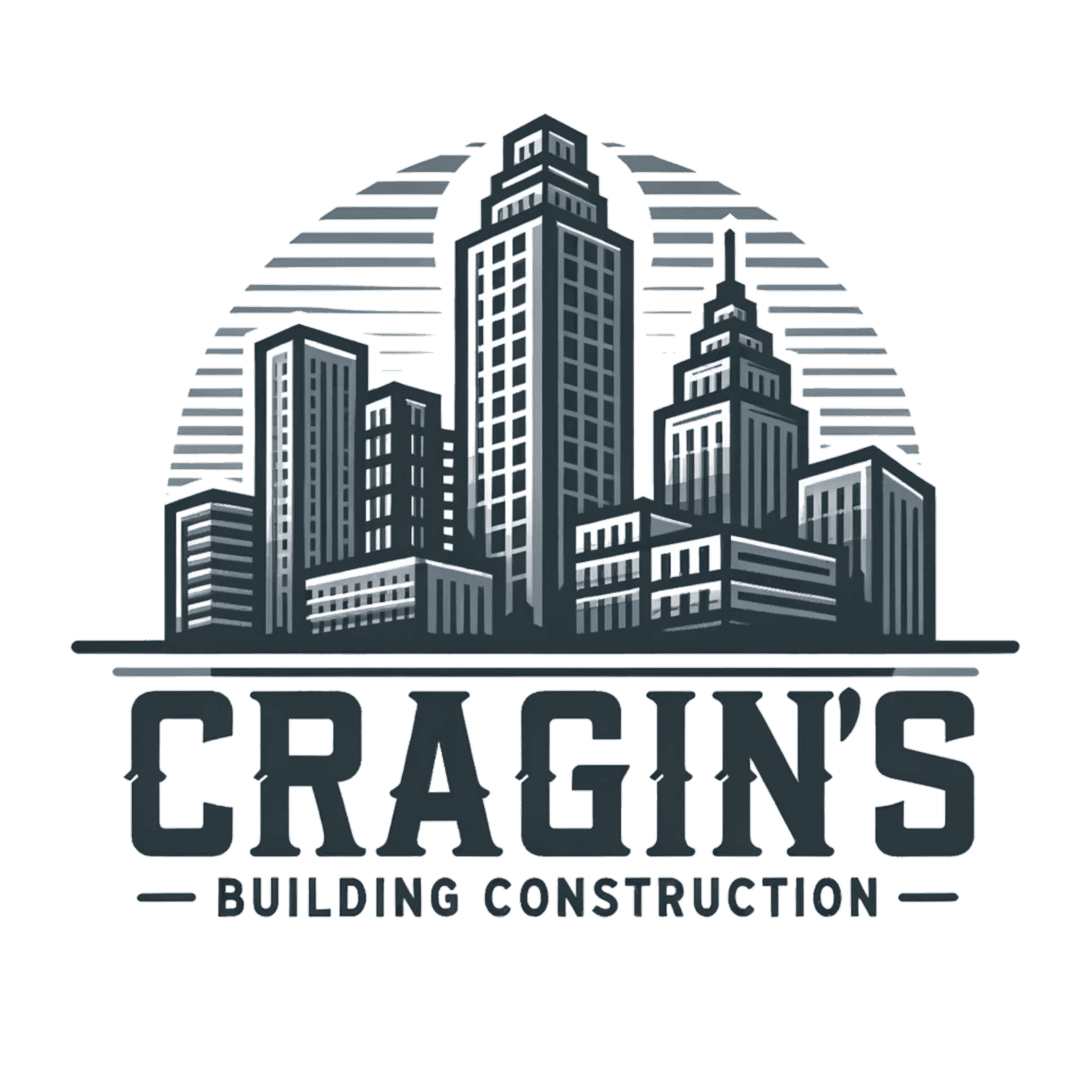
How Cragin’s Expert Preventative Maintenance Services Safeguard Your Commercial Property
How Cragin’s Expert Preventative Maintenance Services Safeguard Your Commercial Property
Cragin’s Preventative Maintenance Services provide comprehensive solutions that ensure your commercial building runs smoothly and efficiently year-round. From routine inspections and HVAC servicing to roof repairs and electrical system checks, Cragin’s team of professionals proactively identifies potential issues before they escalate into costly repairs. With Cragin’s, you can trust that all critical systems, including plumbing, safety equipment, and pest control, are meticulously maintained, enhancing both safety and energy efficiency. By partnering with Cragin’s, you not only protect your property but also create a safe, comfortable environment for tenants and employees, ensuring long-term peace of mind.
Proactive Maintenance with Cragin’s: The Key to Long-Term Property Success
Preventative maintenance is a proactive approach that saves money, increases safety, and preserves the integrity of your commercial building. By following these 10 tips, building owners and managers can ensure that their properties remain efficient, safe, and operational for years to come.
By staying on top of routine inspections, servicing key systems like HVAC and electrical, and ensuring safety and energy efficiency, you'll be protecting your investment and ensuring a comfortable, reliable space for tenants and occupants.
Preventative maintenance is a proactive approach that saves money, increases safety, and preserves the integrity of your commercial building. By following these 10 tips, building owners and managers can ensure that their properties remain efficient, safe, and operational for years to come.
By staying on top of routine inspections, servicing key systems like HVAC and electrical, and ensuring safety and energy efficiency, you'll be protecting your investment and ensuring a comfortable, reliable space for tenants and occupants.
